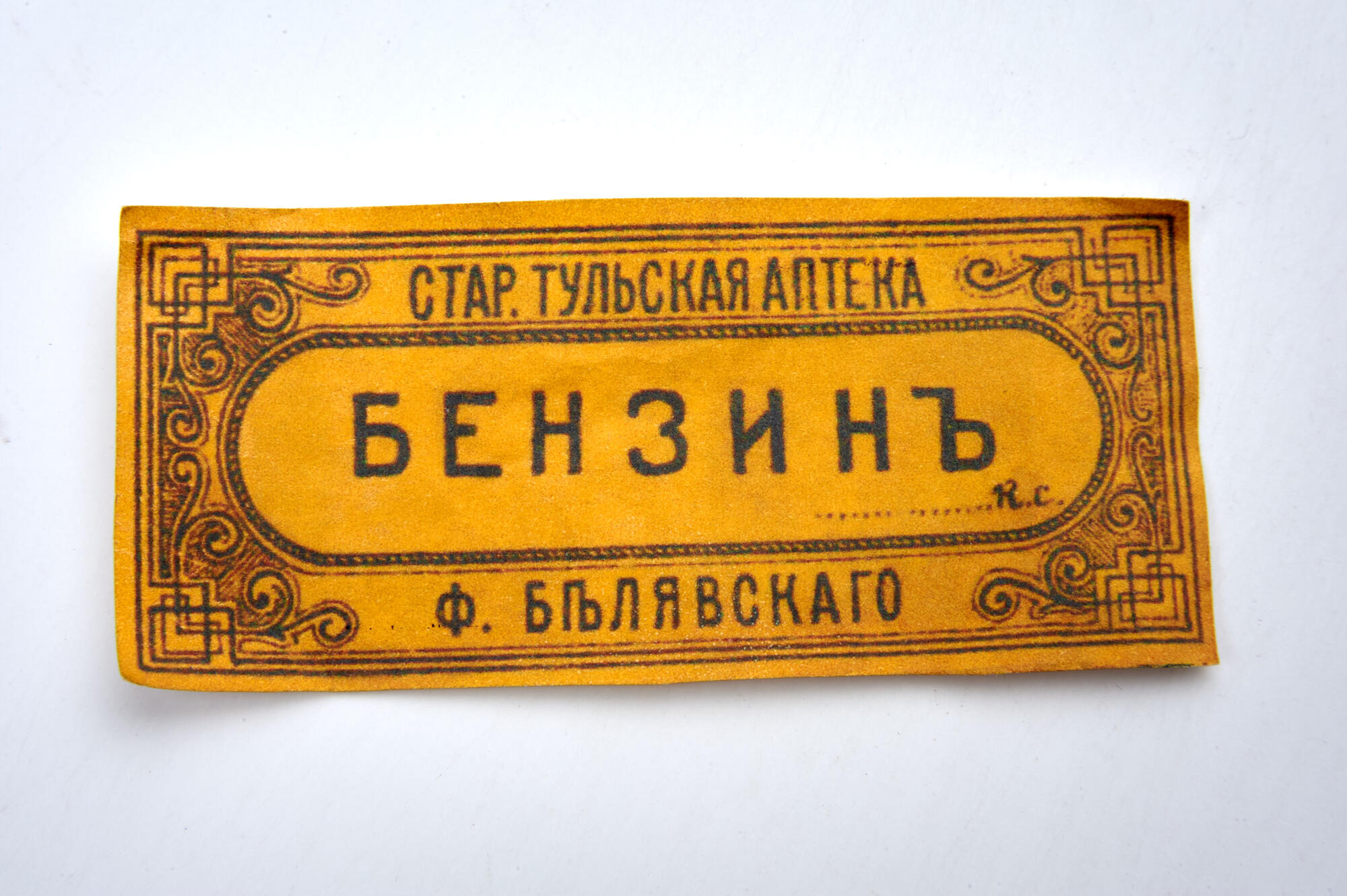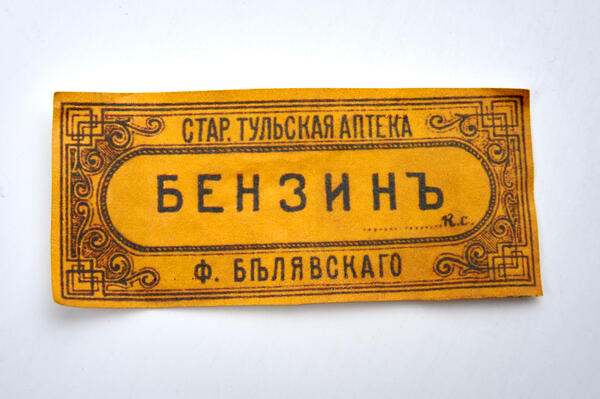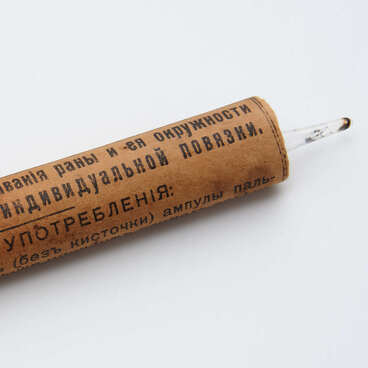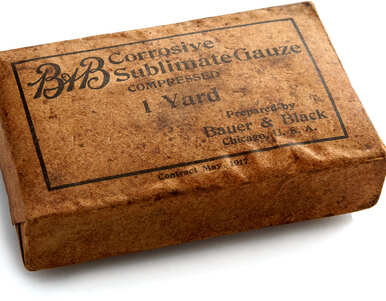The word ‘benzene’ (gasoline) is of Arabic origin and means ‘fragrant substance’. In 1825, the English scientist Michael Faraday gave that name to a new substance that he had obtained from Middle East oil. For a long time, gasoline was valued as a cleaning agent that removes the most persistent stains.
In the second half of the 19th century, gasoline began to be used as an antiseptic. People treated small cuts and surgical instruments with it, with its help they got rid of skin parasites. There were even such recommendations as to gargle a sore throat with a mixture of gasoline and milk or to lubricate the walls of the throat with pure gasoline. Nowadays, such methods are not used, the safety of these procedures is questionable.
At the end of the 19th century, gasoline turned from a household product into a popular type of fuel, with Bertha Benz, wife of Karl Benz, author of the first self-propelled carriage, playing a major role in this. Subsequently, Karl, together with Gottlieb Daimler, founded the Daimler-Benz group corporation (now Daimler AG), which still produces Mercedes-Benz automobiles today.
However, in those years, Benz’s inventions were not popular. So, Bertha, having decided to advertise her husband’s carriages, went on a trip on August 5, 1888, from Mannheim to Pforzheim to visit her mother. To do this, she went in a Motorwagen automobile, which resembled a huge tricycle. The vehicle covered 104 km in one day. On the way, the car ran out of fuel several times, and since there were no gas stations then, gasoline had to be bought in pharmacies.
In 2008, a Bertha Benz memorial highway was opened in memory of this trip, and a pharmacy in the town of Wisloh, where travelers refueled, received the status of the world’s first gas station.
Cars became more and more popular, and the gasoline demand grew. Pharmacists in all countries began to store large volumes of this substance in warehouses, but no safety measures were observed. Due to frequent fires, the authorities banned the sale of gasoline. The ‘Automobile’ magazine wrote in 1902: ‘Kyiv motorists are in a critical situation. Not so long ago, pharmacy stores were banned from selling gasoline, which was caused by several gasoline explosions during fires in the city. Gasoline can only be obtained in an amount of at least 5 poods (1 pood equals 16.38 kilograms) in the warehouses of Nobel.’
The label presented in the exhibition was found in the attic of the house of the Tula pharmacist Ferdinand Belyavsky. Sheets with labels were printed in a printing house by order of the pharmacy owner, then cut and pasted on pharmacy vials. The yellow color of the label indicates that the gasoline was to be used externally.



